…they recorded it four times, under different names, with different lyrics.
That was the case with a handful of songs, and the story of at least two of them is the story of how censorship changed rebetiko and how – the best of their ability – some may have fought back.
Varvara, written by Panagiotis Tountas, was recorded by Stellakis Perpiniades in 1936. It featured a bouncy, catchy melody and lyrics that, at least on the surface, identified Barbara as some who went fishing at night. You don’t need to dig very deep, though, to get to the sexual innuendo.
Varvara stays up late every night in Glyfada
and fishes for the bass, cephalopods, blackfish
With her rod in her hand and all night long in her hand
Waiting for the rod to bite and wiggle
A mullet that’s heavy, handsome and stubbly
Barbra’s rod and reel is biting and shaking
But Varvara doesn’t lose her temper
She hooks him and catches him
She holds him in her two hands
And she’s melting with laughter
Look, little Varvara, don’t let your longing go to waste….
The song was released during the early days of the fascist Metaxas dictatorship. Books were being burned and songwriters and record companies were soon to be required to submit their lyrics to censors before they could be recorded.
Within days of the record’s release, it was banned. Police raided stores, seized copies and fined the owners. Tountas, the record company and Perpiniades were hauled into court on the grounds that the lyrics were obscene and provocative. They argued they were satirical and not obscene, but Tountas wound up paying a fine.
While the lyrics are obviously highly suggestive, there are reports that what really sealed the song’s fate was that some Greek listeners were associating Varvara with Loukia Metaxas, the dictator’s daughter. That may have been Tountas’s intent: the Metaxas dictator did not enjoy popular support, and the song may have been his way of getting to Metaxas.
While the song and its performance were banned, Perpinidias, in a later interview, said it remained hugely popular, so not everyone went along with the ban apparently.
Tountas may have been down, but he was not out. Later the same year, the same bouncy, catchy tune appears, also sung by Perpiniades, with new words and a new title: Marika the teacher.
Marika the teacher is a little harder to parse. On some forums, rebetiko enthusiasts are convinced the lyrics are also laden with innuendo that is subtler than what’s in Varvara but there nonetheless. At the indispensable Kounadis archive site, it is posited that the song truly speaks about teachers and their role in Greek society, particularly as leading participants in the suffragette movement.
Marika the teacher who has two big houses
In the morning at six she goes out and goes to the market
She holds her basket and looks with appetite
To find a tender beef or a fresh fish
….
So every day it comes out like this and yet nothing comes out
The miser, the teacher who has two big houses
She’s afraid to spend
And so her miserly belly stays empty
Marika may be a teacher who, while she enjoys some status (two houses), cannot fully participate in society. Or, the “houses” represent something else and her unwillingness to commit to “tender beef or fresh fish” means she’s alone. While Varvara is told not to let her longing go to waste, Marika faces emptiness because she has. There’s something at work here, but whether it’s sexual or societal is unclear. Take your pick: art is subjective and tricky.
Marika the teacher seems to have escaped the censor’s attention. It was recorded again in 1937, this time by Kostas Roukounas.
Reportedly the melody itself may have come to Athens either as folk tune from Lesvos or from the Balkans. Whatever the case, Tountas wasn’t finished with it. The same bouncy, catchy tune shows up in 1938, again with Perpiniades singing, as Manolios and Dimitroula, a fairly straight-forward songs about two lovers (although they are again at Glyfada and looking for fish is again involved).
And, to top it all off, in 1941 Tountas and Perpinidias were back in the studio with the same bouncy, catchy tune, but this time as Listen, Duce, to the news, a patriotic song recorded as the Italians were trying (and failing) to invade Greece.
So let’s listen to Varvara. Despite the ban, it’s still very much alive and regularly featured in rebetiko anthologies and compilations. And, after all, it’s the song that started the whole thing.

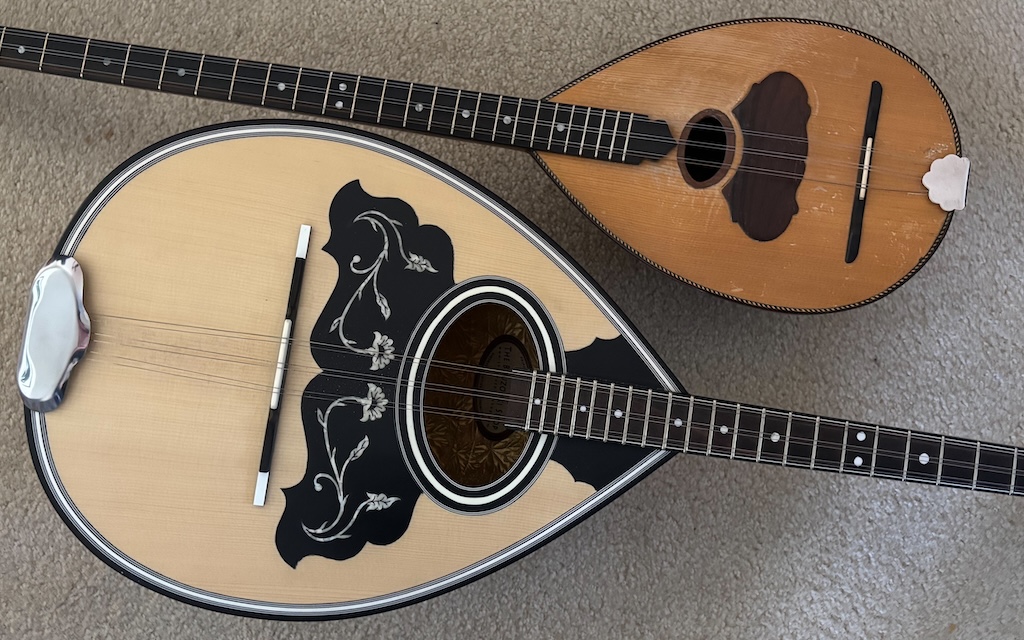


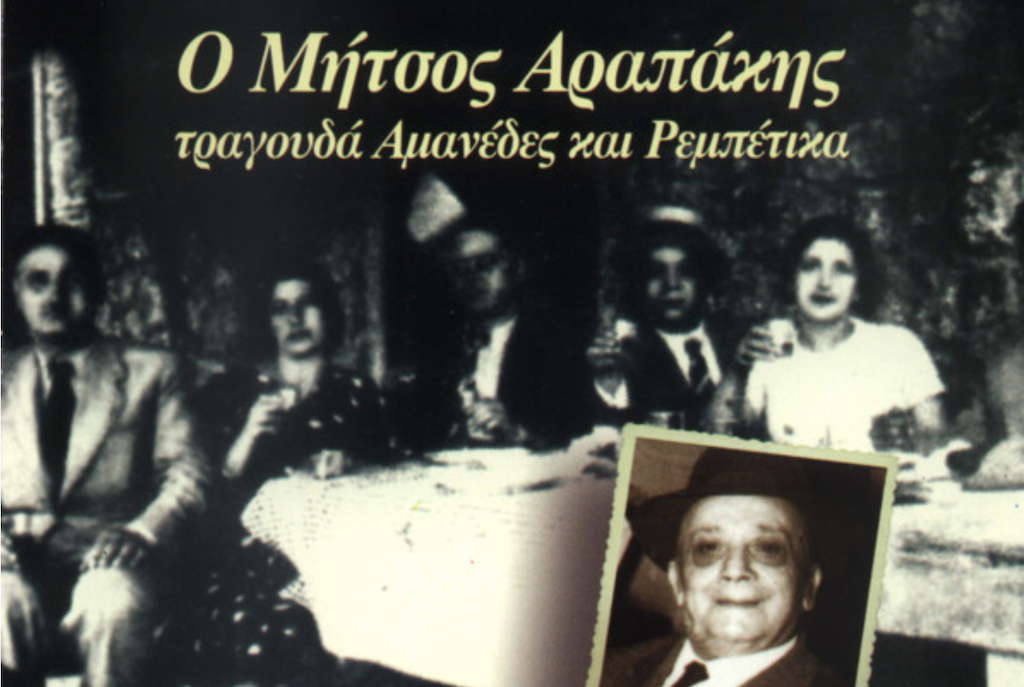
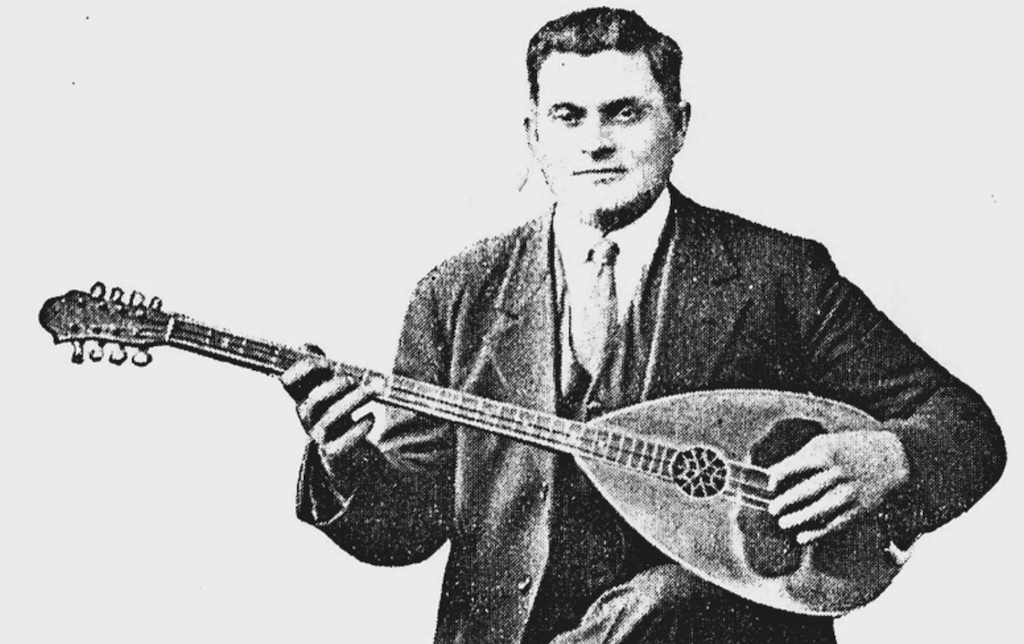

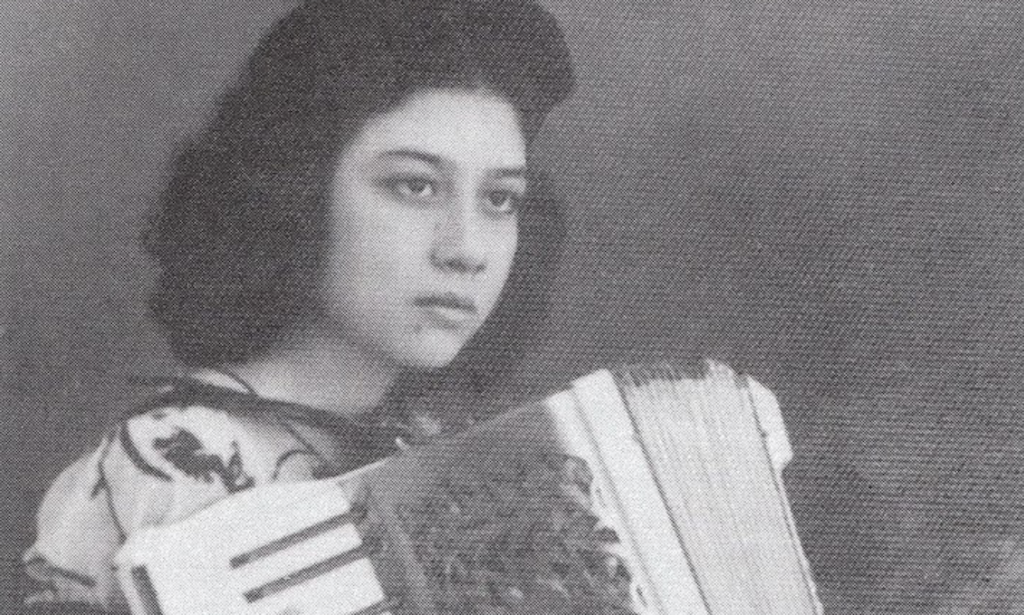
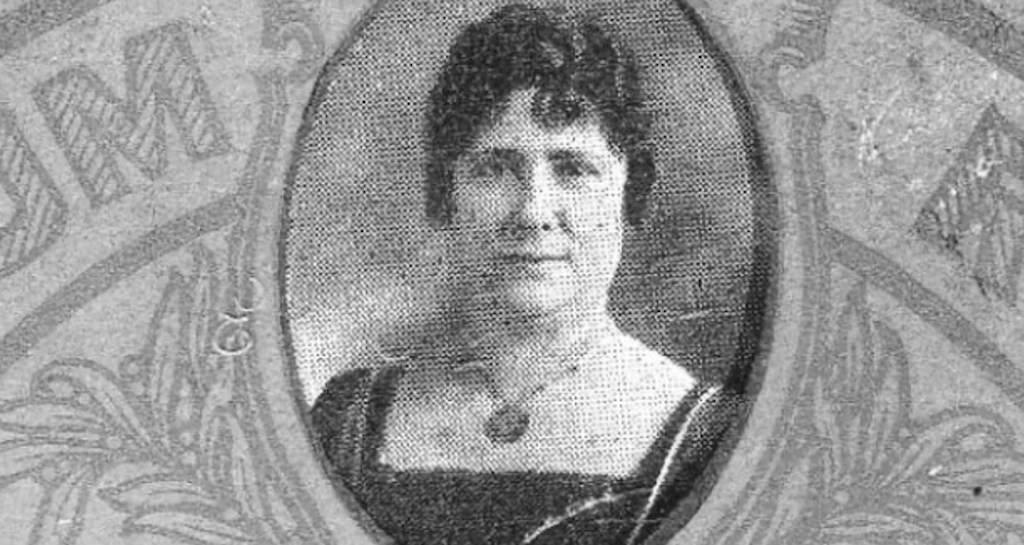


Leave a Reply